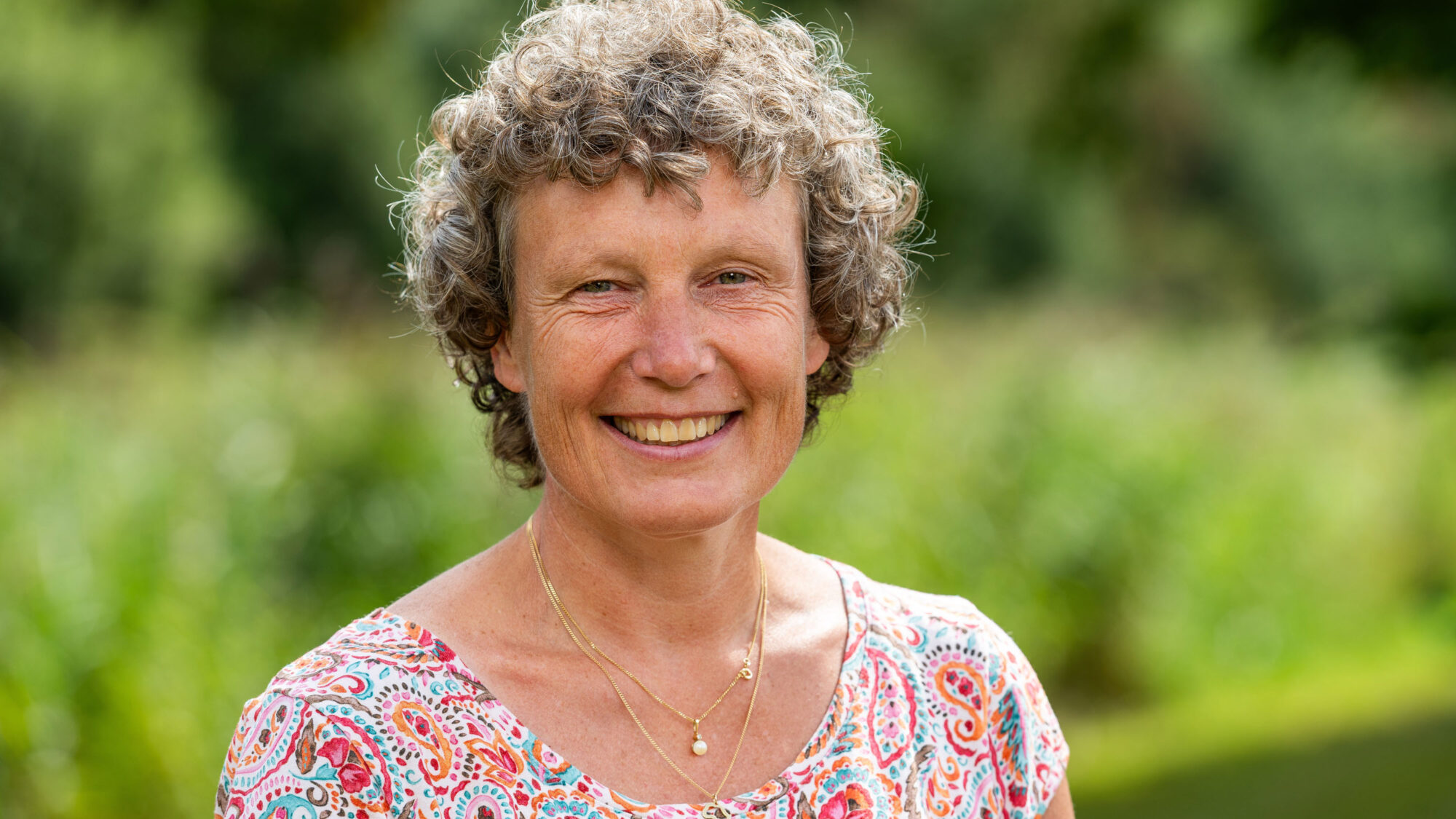With more than 10,000 education professionals spread across 100 schools and 20 school boards, the Education Region Hollands Noorden is a unique collaboration in the Dutch educational landscape. Within this region, Programme Line 3 -Life Long Development- is a
of the pillars through which we build future-proof education together.
Programme leader Claudia van de Peppel sees not only opportunities here, but also a joint responsibility: 'The biggest challenge is to bring all colleagues in the region on board the importance and added value of sustainable professionalisation.'
More cohesion and more scale
In many sectors, you have to keep learning to keep your licence or authority. A licence in the
education, on the other hand, remains valid indefinitely, even if you have not updated your content for years. 'Fortunately
many education professionals are convinced that it is crucial that we continue to develop, both at
didactic, pedagogical, administrative as well as personal,' Claudia stresses. 'And we prefer to do this not incidentally, but structurally. After all, then the pupils really notice the effect of it.'
That is why Lifelong Development links existing initiatives at school and board level with an additional,
regional level. Pooling and jointly coordinating professionalisation offers creates more cohesion and more scale. A course that does not go ahead within one board because of insufficient
applications, can be organised regionally. Claudia: 'That requires coordination, but on the other hand it really delivers a lot more. It is the way to work towards an annual, joint professionalisation agenda for the region.
Taking doubts seriously, offering solutions
Claudia understands that in practice there are also hesitations. 'There is a healthy critical attitude. Because of lesson cancellations, travel time and costs. I understand these initial doubts, and we will definitely do something with them. For instance, we will organise meetings between 15.00 and 18.00 and work with in-company courses, possibly in a sub-region of the extensive working area of Education Region Hollands Noorden. And we all know that by bundling demand you can buy more cost-efficiently.' Claudia sees it as a moral imperative to maximise the benefit of the available professionalisation budget - half of which will be available at regional level from this school year onwards - to the schools: 'The fact that part of the budget goes to the region sometimes feels a bit tense. That's why I want to show that regional cooperation really delivers. I aim to turn one plus one into three.'
Joint direction on content
'Our starting point is: what do education professionals need now and in the future and how do we organise that sustainably?' Together with representatives of the twenty school boards, Claudia is setting up a working group to determine the direction to be taken. Themes such as formative action, AI in education and equal opportunities are tackled regionally on the initiative of the schools themselves. Boards that do not participate directly in the working group also remain involved. Via regular updates, all contact persons from the boards are involved and informed.
LMS: one platform, own direction per school
An important step within Lifelong Development is the introduction of a regional Learning Management System (LMS). This digital platform makes it possible to share and organise training offers regionally and locally. The platform thus creates a visible learning agenda accessible to everyone in the region. The LMS is a means to make lifelong learning visible and concrete. Like buying a car, you still have to learn how to drive. That is why there is an implementation process with support and guidance. We appoint a regional content manager to help schools and boards make good use of the system.'
Towards school year 2025-2026
In the coming months, we will work towards a regional offer that will be in place by the 2025-2026 school year
available to all education professionals in the region. No later than 1 November 2025, the LMS will go live. 'That is ambitious, but achievable. It starts with sharing ideas, building trust and recognising the joint added value. As far as I am concerned, the goal is clear: to put LLO firmly on the map, so that with 10,000 colleagues from 100 schools and our 20 boards, we can really work on professional growth.'
